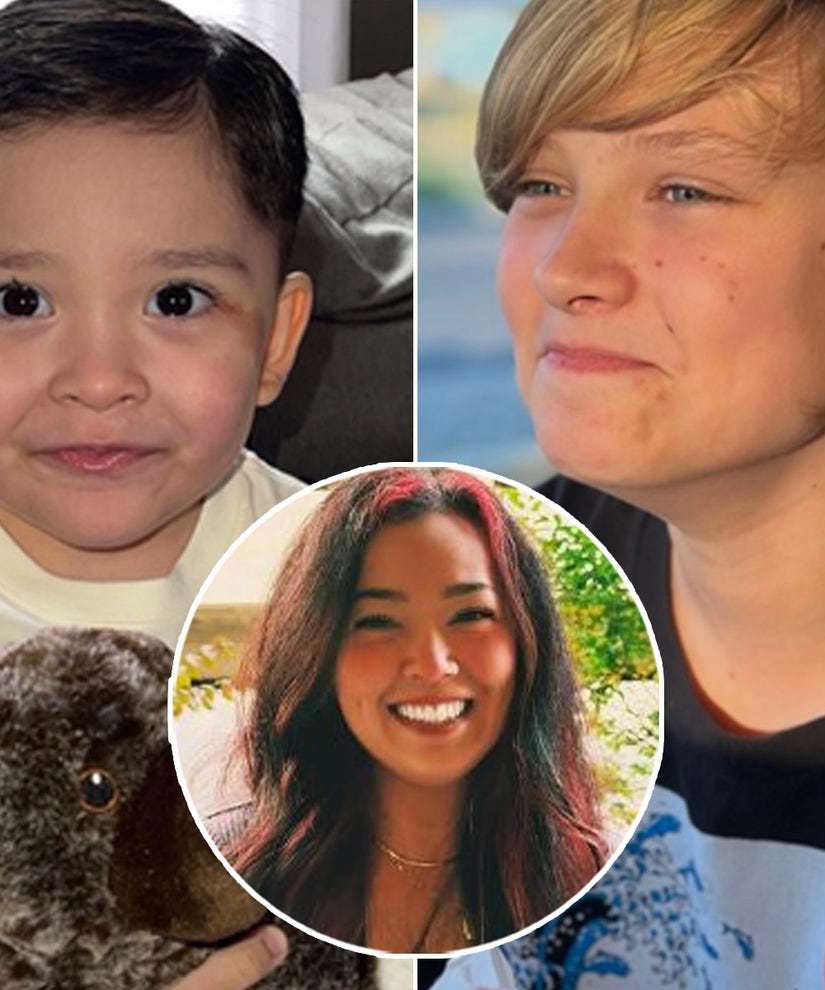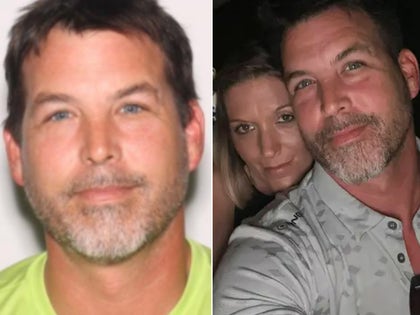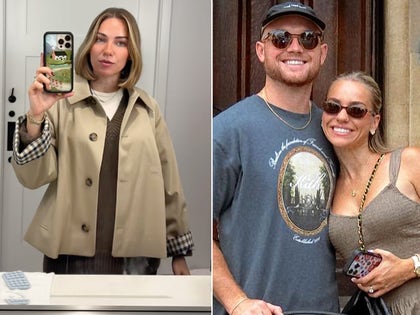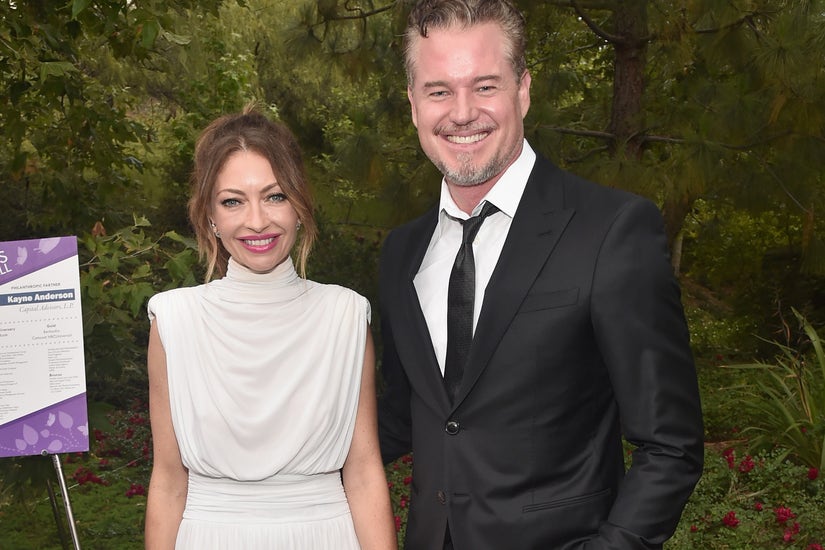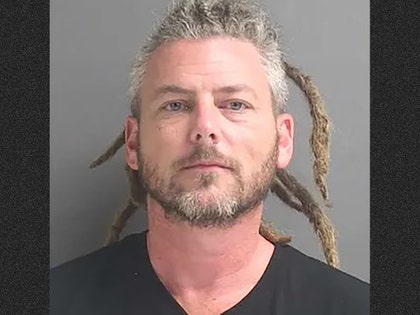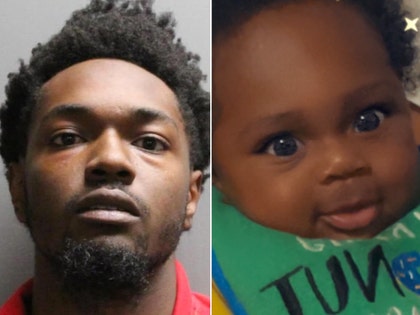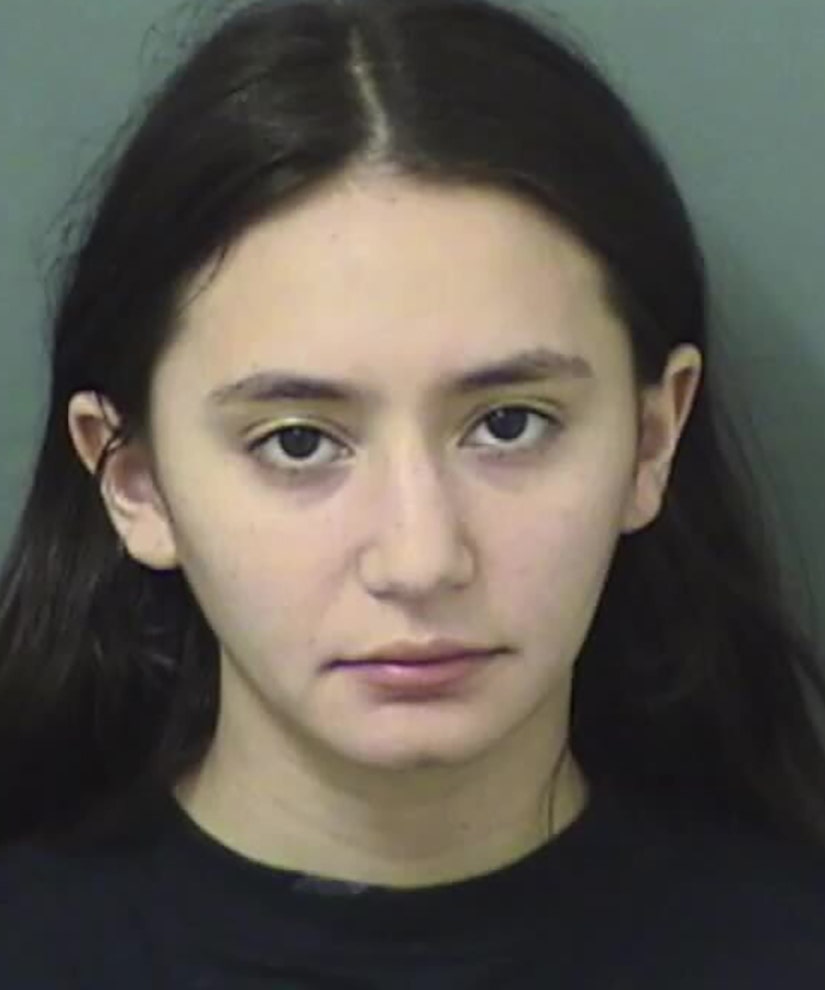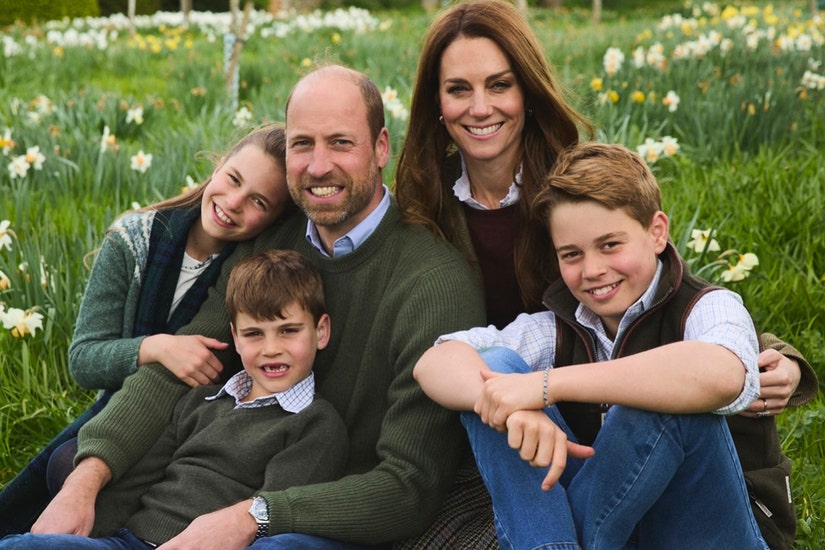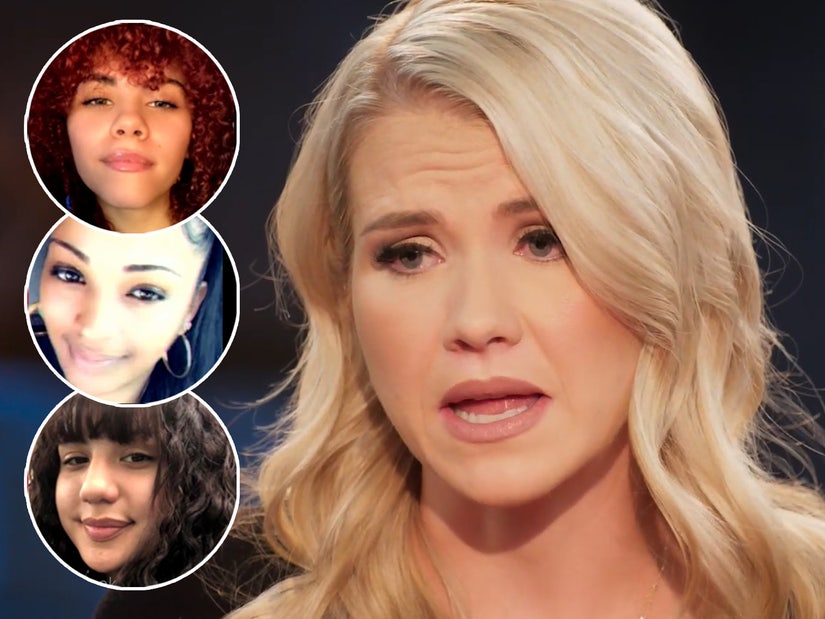 Facebook Watch
Facebook Watch
"Are they any less worthy? Has any less of a hole been left because they're gone? No. They are somebody."
Despite going through one of the worst experiences fathomable when she was just a teen, Elizabeth Smart knows she is one of the lucky ones.
The 33-year-old kidnapping survivor joined Red Table Talk on Wednesday to discuss the parallels between her case and Gabby Petito's ... and the lack of news coverage for all the thousands of still missing people of color.
The show opened with posters of just four — 41-year-old Deirdre Reid from South Carolina, 26-year-old Sidney Palmer from Texas, 16-year-old Savannah Guerrero, also from Texas, and 17-year-old Genesis Ramos from Illinois — missing, all either Black or Latina. A ticker on the bottom of the screen would continue the theme throughout the episode.
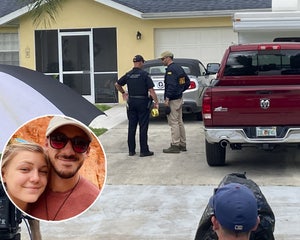 AP/Instagram
AP/Instagram
Brian Laundrie's Parents Change Story About When He Went Missing
View StoryPreceding this was footage of Gabby Petito's father Joseph, speaking at a press conference, making the noble plea to the thronged media to share the attention poured on his daughter's case with the countless others silently vanished.
"I don't know if I lost one of my children in that way, that I would have the wherewithal to do that," a marveling Jada Pinkett-Smith admitted. "When I saw that, it really touched me."
Joining Jada and mom Adrienne at the Red Table (Willow was absent touring with her band) was one of the very few people to have gone missing for months before returning alive: Elizabeth Smart.
In a case that would mirror Gabby's in terms of media attention, the then 14-year-old was adducted at knife-point from her bedroom in Salt Lake City, by Brian David Mitchell and his wife, Wanda Barzee.
She would be repeatedly raped, chained up and threatened with death, until she was rescued nine months later — just 18 miles from her home — by a police officer who spotted her on the street with her captors.
Waiting for your permission to load the Facebook Video.
Asked how following Gabby's case made her feel today, Smart replied: "I was alive, and I came home. Hers tragically has not ended that way."
"But knowing what it's like on the other side, and potentially what may have happened, and what may have led up to her final moments, and understanding probably a lot of what she was feeling ... it's heartbreaking."
Delving back into her own horrific ordeal, she admitted: "I always wanted to get rescued... I don't know that I always had hope. There was some pretty dark times, for sure."
"My parents always said the worst part of having me gone was not knowing. Was not knowing if I was alive and out there or if I was dead."
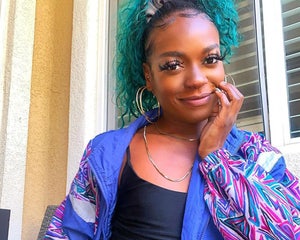 Instagram
Instagram
Influencer Ca'Shawn 'Cookie' Sims Found After Month-Long Disappearance
View StoryShe said that on the night she was kidnapped and being taken up into the mountains, she remembers asking her captor if he was going to rape and kill her, and if he was, "could he please do it fairly close to my house because it was important to me that my parents find my body and know that I hadn't run away."
"Gabby and all the other women deserve to be found so that their stories have an ending as well," she added.
The thought of a 14-year-old asking this of her abductor was too much for a stunned Gammy, who broke down into tears.
Smart even admitted that as victims go, she considers herself "blessed and lucky" — not because she survived, but because the perpetrators were not family members.
"How many victims and how many survivors are not believed?" she asked, pointing out that the only reason she was able to heal after her ordeal was having a family to rely on — which not every victim has.
Smart would go on to become a prominent child safety activist; Jada commended her for using her platform to "amplify voices of people who come from marginalized communities who might not always get the same amount of press that you got, or Gabby got" — a state of affairs Smart herself is painfully aware of.
"When I think of all the people, so many — so many — whose stories never even see the light of day... and I've never heard of them," Smart lamented. "Like, are they any less worthy? Has any less of a hole been left because they're gone? No. Like, they are somebody."
Elizabeth revisited the other traumas in her life that came in the wake of her ordeal, starting with how she refused therapy, stemming from her "condescending" first experience with the two psychiatrists assigned to take her statement — both middle-aged men, the same age as her captor, both religious like he was — offering her a choice of stuffed toy while they asked for graphic detail of the rape.
While she found out afterward they were just gathering the necessary information to stand for her as proxy in court, the experience made her shut down to therapists for a years to come.
She also said she still receives accusatory messages on social media to this day about details surrounding the case, such as why she didn't scream when she was abducted, or why she didn't immediately identify herself to the police officer who rescued her.
 Facebook
Facebook
Husband of Slain Instagram Influencer Alexis Sharkey Dead by Suicide as U.S. Marshals Set to Arrest Him
View Story"I don't regret not screaming," she said. "I don't regret doing what he told me because I'm still alive ... I absolutely do believe that he was capable of killing me, and then maybe taking my sister, or killing me too."
As for why she didn't alert the police when she had the chance: "Because for 9 months - no-one could protect me from them. Because for 9 months, he raped me, chained me up, did whatever he wanted to do to me, and I didn't have anyone there to protect me. I didn't know these police officers; I didn't know what they were capable of. I didn't know if they could protect me."
"But I did know that my captor was standing so close, he was physically touching me. And my other captor was so close she was physically touching me. They were capable of killing me. And they threatened me with that every single day. So I didn't immediately scream out. My goal was to survive. And I didn't know, if I said something, if I would. But I knew if I did what they told me to, that there was a chance I'd survive."
She also recalled facing her captors later in court for a parole hearing.
While Brian Mitchell is serving life in federal prison with no chance of parole, his wife was released after serving the maximum sentence of 15 years, having receiving a plea deal and helping prosecute her husband.
Though Smart said her release was "disappointing", she said it also helped her have a greater appreciation for victims who get zero justice.
"There are perpetrators who walk every day free," she said. "At least I got something... how many more haven't?"
Joining the table later on was CNN anchor and former federal prosecutor Laura Coates, who was keen to quash the "myth" — perpetuated in part by TV procedurals — that perpetrators cannot be prosecuted if there is not a victim willing to press charges.
 AP/Instagram
AP/Instagram
Brian Laundrie's Parents Change Story About When He Went Missing
View StoryAs they looked back at the infamous body cam footage of the Moab police stop of Brian Laundrie and Gabby Petito, Coates said it was a classic example.
"The problem is — just like you saw with the Gabby Petito case — sometimes the person, once law enforcement gets involved, they suddenly think about the consequences; they think to themselves 'I love this person, and I know what could happen.' Or 'I hit him first'."
"I always say: unapologetically report," she added. "There is a shame that people carry."
The episode concluded with yet another heartrending account of another missing person: 24-year-old geologist Daniel Robinson, who mysteriously vanished after leaving his job site in Buckeye, Arizona on June 23.
His father drove from South Carolina to Arizona the very next day to look for him — and has been there ever since.
Daniel's Jeep was found rolled over in the desert almost a month later, with his wallet, keys phone and even his clothes still at the scene. The airbags were deployed, the seatbelt had been engaged, and there was no blood. But there was no trace of Daniel.
His mother devastatingly told the panel she went to his apartment to pick up his hairs from the carpet and put them in a zip lock bag "because at least I knew it was a part of him... that's all I had."
His father said he has been getting little help from police, hiring his own private investigator, aircraft, drones, and even cadaver dogs to help in the search.
"That was so difficult to hear," Coates said after hearing their story, "what his father said at the end — 'I want you to know that he has contributed to society' — tells me almost immediately what so many families, particularly families of color, have to endure, talking about how to get people to value the investigation to find their child. It's not even subtle, it's what stereotyping looks like."
"Its just not adding up," Jada agreed.
Smart concluded: "I don't think there's anyone, in all the millions of times that your episodes get watched, that could say that any one of these families is any less worthy than any other family to have their case pursued, and is any less worthy than any one else — myself included — to come home."
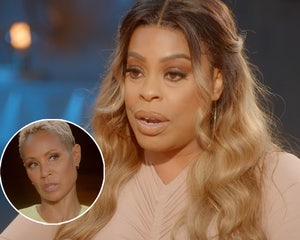 Facebook Watch
Facebook Watch













